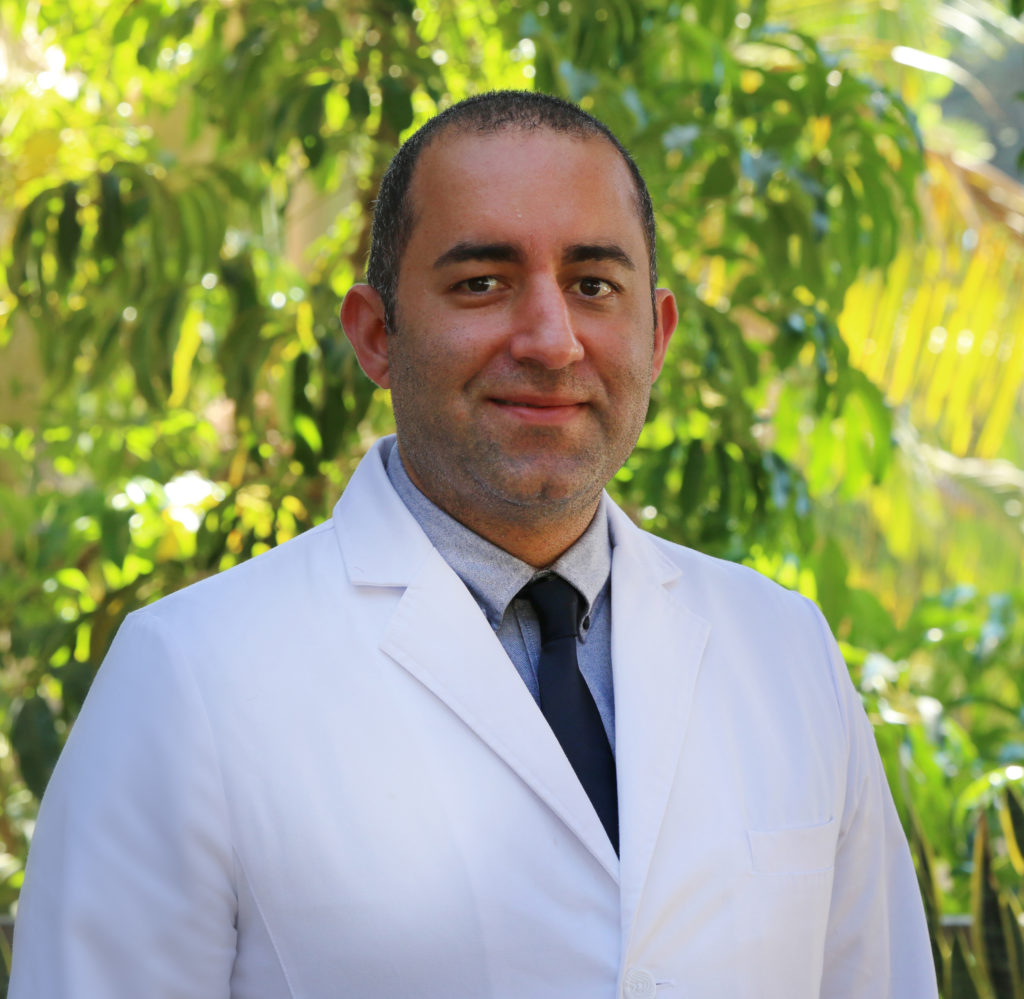Cardiac consultation
Home > Our Services > Cardiac consultation

Hossein Dehghani, MD
The most common way to be seen by a cardiologist is through referral by the primary care physician. Many managed care health plans ask that patients be referred to specialists. Other Patients can contact our office directly for evaluation, consultation and treatment. Patients may also be referred by emergency room providers or other specialists or after hospitalization (where I evaluated and treated the patient) as follow up. The EMR (Electronic Medical Record) of EVERLAST cardiology is Practice fusion. This EMR allows for patients to request and schedule themselves for an actual date/time office visits (but not procedures). Established patients can also schedule themselves for a follow up or sick visit if new concerns/problems have risen.
The consultation will include a thorough medical history taking, physical examination with focus on the cardiovascular components and review of cardiac procedures and conditions. As always attention will be given to family history. All medications and allergies will be reviewed. An ECG will be performed. Finally a very thorough discussion of conditions and approaches to treatment with focus on patient preference in addition to outcome of different medications and treatment courses.
In the majority of cases, initial cardiac evaluations will need follow up to discuss any test findings, prescribe medications and or lifestyle changes and also figure out if the initial plan and treatment for your condition is working.
Many times I hear patients making statements such as so and so doctor is experimenting on me or that they keep changing medications on me etc. I want to clarify that some of medicine is by trial and error. It does not mean that we are “experimenting on you”. A lot of times we have to put you on a medicine and hope that “it does the job”. No two people are the same and oftentimes a particular medicine does not have the desired or expected result. It is important for me as your physician and you as my patients to have a trust that we, together are trying to find the BEST treatment for you. 🙂
A word about ECGs: It seems to me that a lot of people who come and see me are told worrisome and at times flat out scary things about their ECGs. I have heard 20 year olds showing up, worried to death that someone told them they have had a silent heart attack, enlarged heart, abnormal heart, etc by simply looking at their 12 lead ECG.
ECGs are excellent at telling us the pulse and information about the electricity of the heart and whether someone is actively having a heart attack when they are having chest pain. Aside from that, other findings are mostly suggestions at best and need to be evaluated further without definitive diagnosis.
From a structural and functional lens, an echocardiogram which is a painless, non-invasive test with an ultrasound probe, addresses many of these concerns in approximately 20 minutes. It gives me a live picture of the movement of blood through the heart, function of heart valve, size of the heart and its chambers and many other significantly more important components of heart function. Being that Echocardiogram, mostly known as “Echo” is ultrasound and has no invasiveness or radiation, it is my go to modality of evaluating the heart’s structure and function.
I would also like to take a minute and address some personal observations about “stress testing”. Very often in the community patients and their families come to the offices for their “annual” stress testing. There should not be such a process happening. Usually when I first attempt to discuss people not needing annual stress testing I am met with significant resistance and skepticism. But truth is, time and time again, in many different clinical and age/race/gender settings, the data has strongly recommended against routine stress testing in asymptomatic patients even those who have had heart attacks, stents, diabetes and open heart surgery. Many providers order these tests in hopes of “protecting” their patients and catching/preventing heart attacks from happening. Truth is, stress tests do not prevent or predict heart attacks/cardiac arrests. They need to be used for specific chest pain and chest pressure situations and at times to better predict a patient’s risk of adverse outcome for high risk surgeries. What providers do not seem to fully grasp is the amount of anxiety and unnecessary testing that false and unnecessary stress tests cause in patients and their loved ones. Finally many providers perform these stress tests with chemicals and have a nuclear camera as well. One could imagine the detrimental effects of 10-15 years of nuclear stress tests for “routine follow up”.

